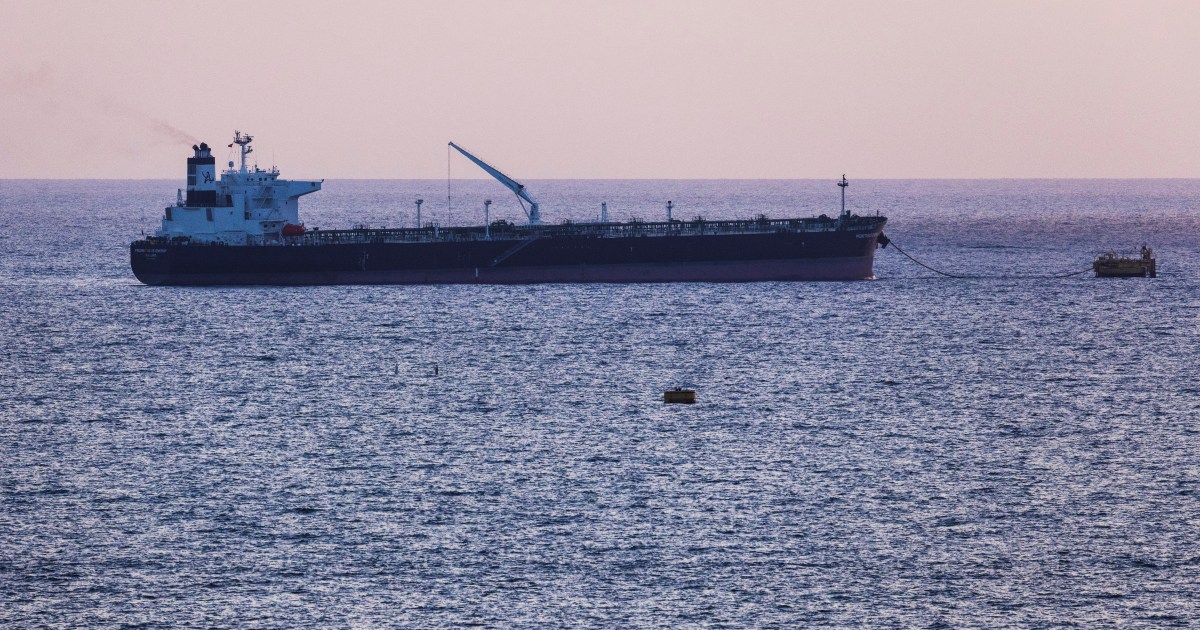The Israeli Ministry of Environmental Protection announced on Sunday the postponement of the implementation of an agreement to transfer oil from the Emirates to Israel, which would freeze the project, which angered Israeli environmental associations.
The agreement, which followed the establishment of diplomatic relations between Israel and the UAE last year, aims to transport Gulf oil by ship to the port of Eilat on the Red Sea, and then via a pipeline through Israeli territory to the port of Ashkelon on the Mediterranean, to be then shipped to Europe.
The agreement includes two parties: the Israeli governmental Europe-Asia Pipeline Company and the Emirati-Israeli Mid-Red Land Bridge Company.
But activists have warned of the potential dangers this project poses to coral reefs in the northern Red Sea off the coast of Eilat.
Israeli environmental associations resorted to the courts to challenge it, citing the risks of oil spills that could have devastating effects, with tens of millions of tons of crude oil expected to be transported through Israel every year.
Last week, Europe-Asia Pipeline submitted its response in court, which included an assessment that the risks from increased pumping crude oil were minimal.
But Israel's Environmental Protection Ministry said Sunday that the risk assessment "does not meet the conditions" set by the ministry, and is therefore invalid.
The ministry added in a letter addressed to the company that it "delays the assessment of your readiness to increase activity in the port of Eilat until the government discusses the matter and reaches a decision."
The decision to freeze was taken by Environmental Protection Minister Tamar Zandberg, who belongs to the left-wing Meretz party, who is also known to have been an opponent of the oil deal with the UAE.
A spokesman for Naftali Bennett's government, which was sworn in last month, said the prime minister's office had "asked the court to extend the deadline to respond to the appeal submitted by environmental organizations."
Activists say that the agreement was not subject to strict scrutiny by the competent authorities, due to the status of the state-owned company, "Europe-Asia Pipeline", which operates in the sensitive energy sector.

